Best Times for Roofing Services
Understanding the optimal time for roofing service can ensure long-lasting results and minimize disruptions. The best periods typically depend on weather conditions, temperature, and humidity levels, which influence the quality of installation or repairs.
Spring offers moderate temperatures and longer daylight hours, making it suitable for roofing projects. Mild weather reduces the risk of delays caused by rain or extreme cold.
Summer provides warm weather ideal for roofing work, but high temperatures can affect materials and worker comfort. Planning during early summer can avoid peak heat periods.
Fall is favorable due to cooler temperatures and lower humidity. It allows for thorough inspections and repairs before winter.
Winter is generally less ideal due to cold temperatures and potential snow or ice. However, in milder climates, roofing can be performed with proper precautions.
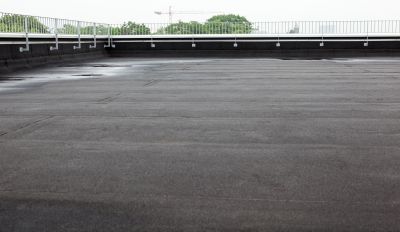
Ways to make Roofing Service work in tight or awkward layouts.
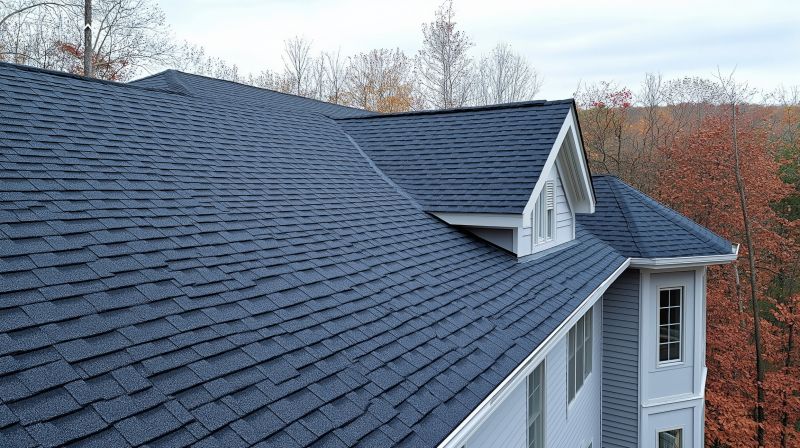
Popular materials for Roofing Service and why they hold up over time.
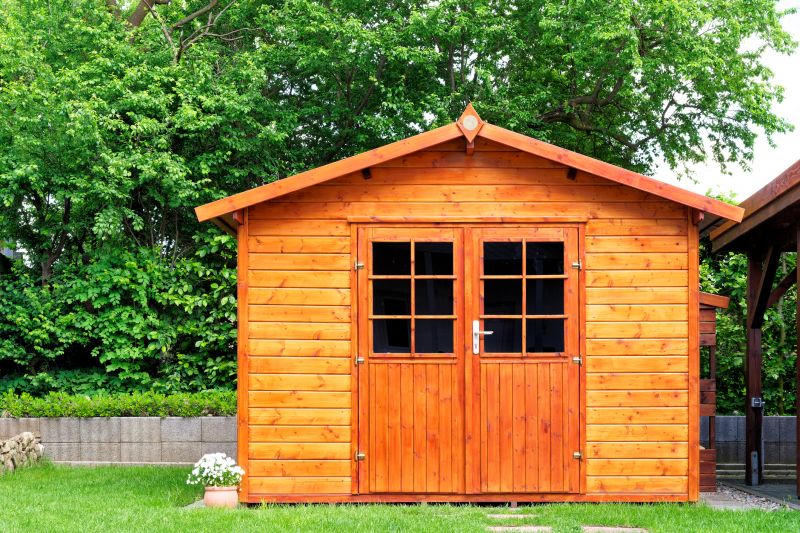
Simple add-ons that improve Roofing Service without blowing the budget.
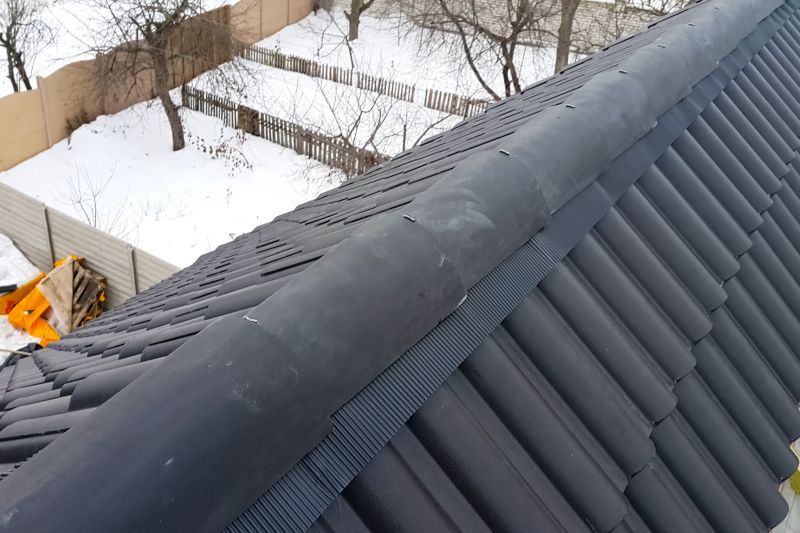
High-end options that actually feel worth it for Roofing Service.
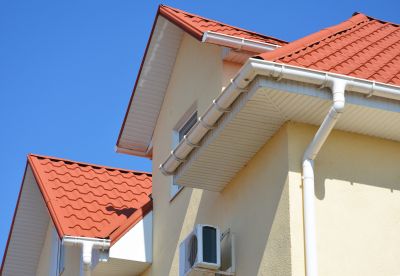
Finishes and colors that play nicely with Roofing Service.
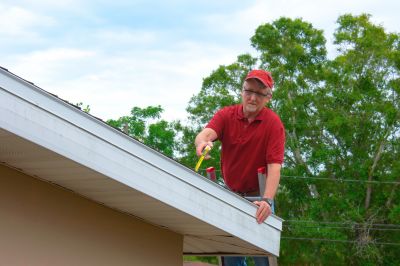
Little measurements that prevent headaches on Roofing Service day.
Roofing service involves the installation, repair, and maintenance of roofing systems to protect structures from weather elements. Proper timing can enhance the longevity and performance of roofing materials. Seasonal factors such as temperature fluctuations and humidity levels influence the effectiveness of roofing work. For example, extreme cold can cause materials to become brittle, while excessive heat may affect adhesives and sealants. Statistics show that scheduling roofing projects during moderate weather conditions can reduce the likelihood of issues and extend the lifespan of the roof.
In regions like Hickory, North Carolina, planning roofing services during spring and fall is often recommended. These periods typically offer the most stable weather, minimizing delays and ensuring optimal installation conditions. Proper timing also allows for thorough inspections and repairs before severe weather events, such as winter storms or summer thunderstorms, can cause additional damage.
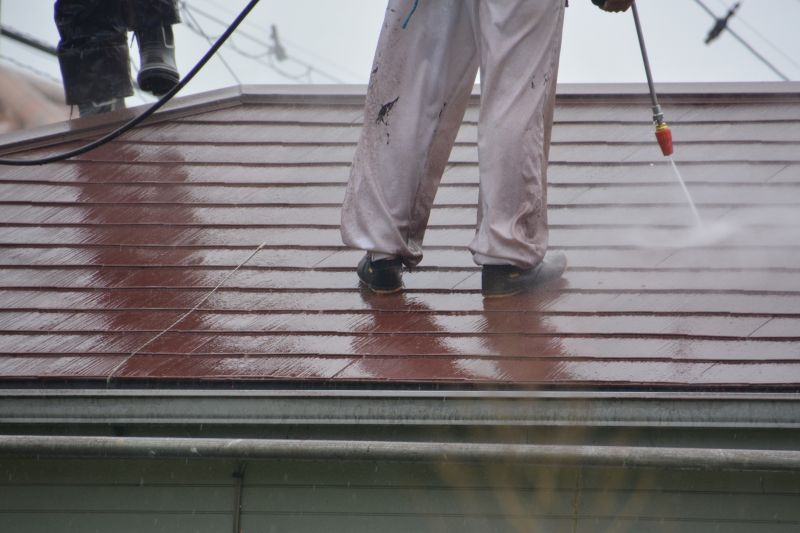
A 60-second routine that keeps Roofing Service looking new.
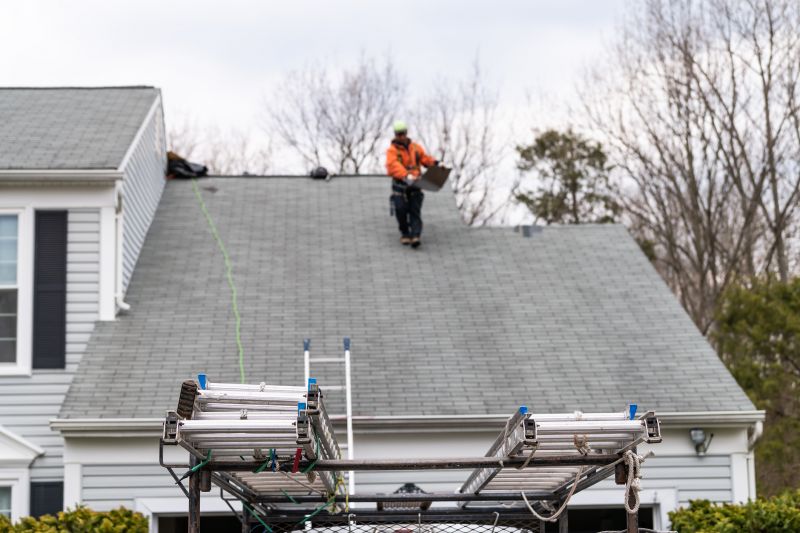
A frequent mistake in Roofing Service and how to dodge it.
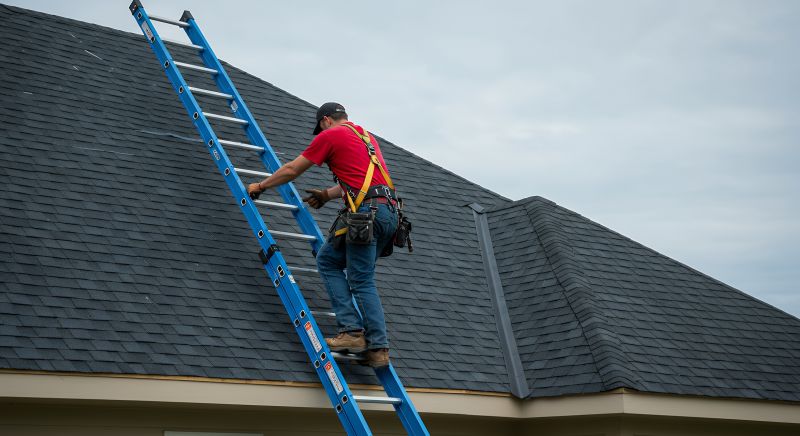
Small tweaks to make Roofing Service safer and easier to use.

Lower-waste or water-saving choices for Roofing Service.
Spring and fall are ideal due to moderate weather conditions that facilitate effective repairs.
In milder climates, winter roofing is possible with proper precautions, but generally, it is less preferred.
Extreme cold can make materials brittle, while high heat can impair adhesives and sealants, impacting durability.
Summer offers warm weather, but high temperatures may pose challenges; early summer is often best.
For those interested in scheduling roofing services, it is recommended to contact the local provider to discuss timing options based on current weather patterns and specific project requirements. Proper planning can lead to better results and increased roof longevity in Hickory, North Carolina.






